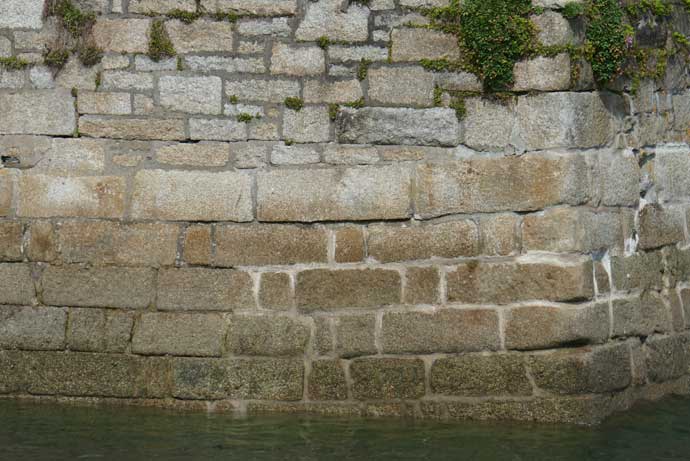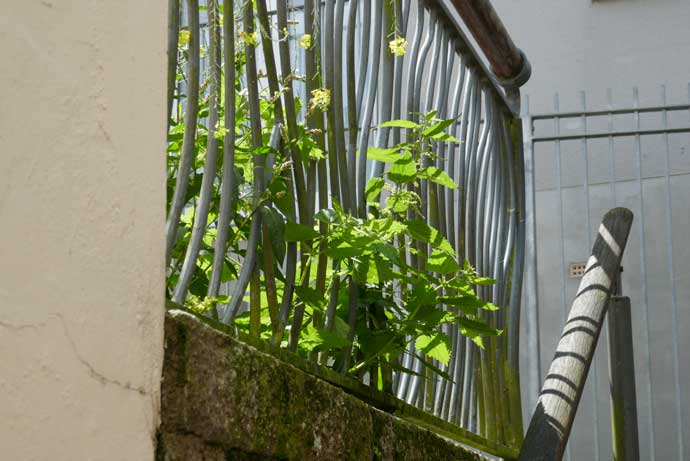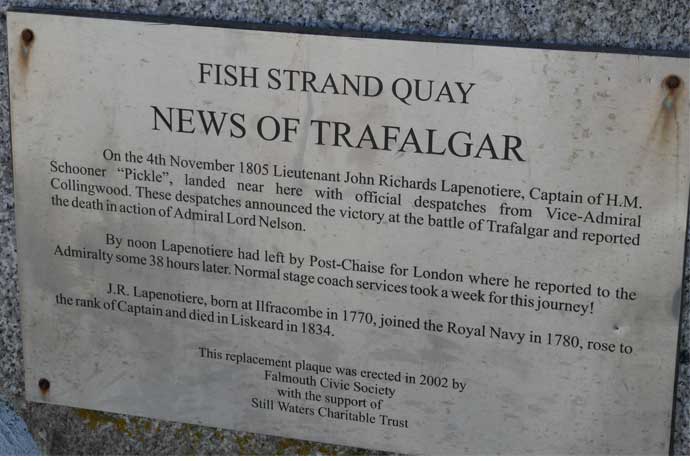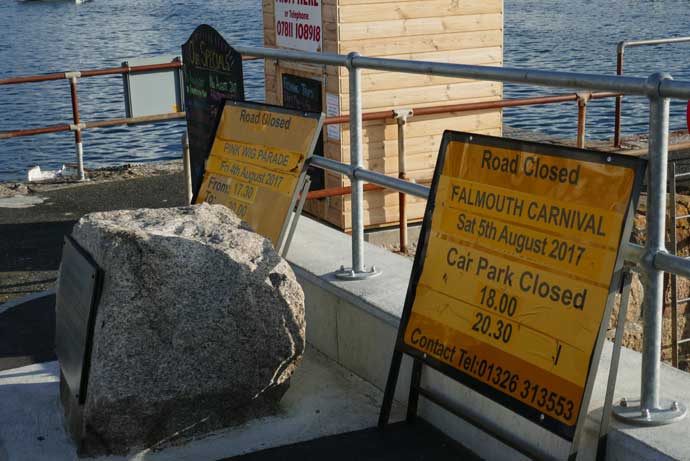Probably best to mute the horn.
Or just let them drive?
No - forget I said that. AI is very exciting. I may be <You're Not Old!> but I've seen Ex Machina (2015) and I'm not scared. We went from depending on literal horse-power to get around, to relying on our own driving skills, and I can quite see why we would want to go (back) to depending on - no, really I can. Those ads where the car is an extension of the guy's, um... and the road's open and empty; they'll be just as easy to make when the message is: sit in this box and it'll make like a very small train carriage. [I can't believe I just said 'small'. Sorry, guys.]
But - will those non-driving drivers disagree with their AI about the best route to take? Maybe even cut in to take the exit when the AI is arguing to stay on the motorway? [Remember that scene in The Incredibles (2004)?] The black-box recordings will be interesting, particularly in this transitional phase when only the non-driving drivers can tune in to the traffic reports. I'm assuming that the AI will be sophisticated enough not only to understand a STOP sign, but also to assess the combination of a green light and a bigger truck approaching the junction at brake-failure speed from the cross-street.
Probably best to leave the actual human drivers in overall control, right?
I'm not coming out against AI in general, you understand, and I only have frivolous problems with convoys of (semi-)autonomous trucks, even if they aren't trusted to go out on their own. But I just have a nagging problem with - why are we spending so much time on developing (and making movies about) AI when we have I in abundance? Without a lot more thought? We drive some potentially world-changing innovations into the sand with endless feasibility studies, proofs of concept, et cetera (yes, I am thinking about a crypto-infrastructure beginning with B), but with others, we just rush in. I guess a rich-kid geek and his money are soon, er, interested.
And of course there's the point that an AI driver doesn't need the health plan, pension, salary, whatever else, that a human chauffeur might. You can be rude to one of IBM's little Watson figures in a way that you can't with a warm-bodied fast-food person or banking-hall greeter.
Except that ... you can't. The flaw in my first paragraph was that we talked about the people not the AI. The flaw in all of this is that the people are all still there. And curiously enough (to me), Watson knows it. I went to @IBMWatson and found this tweet: <Finding and matching people to jobs. Just another benefit of #AI for business> Beneath it, a graphic to explain that "AI for Business" is "intuitive support for finding and matching talent". Human talent, I imagine. So it's AI looking for people. Okay.
I like to know that while we're all rabbiting on about replacing people with machines, this machine is looking for people. And no disrespect to Watson - scroll down that Twitter feed and read some of the applications. But we're not really building Artificial Intelligence, are we? Really? At least, not computers with "the ability to reason, discover meaning, generalize, or learn from past experience", to take the britannica.com definition - interesting to read some of the others, and there are articles about how difficult it is to define AI.
Oh, wait, I get it. We're building tools. Or if you prefer, technologies to extend what we can do. The presence or absence of a driver in a self-driving convoy isn't the point, because what matters is the fuel-efficiency that an AI can achieve if it's plugged into the engine and programmed with speed limits, et cetera. Got it. There's also the obvious point that a self-driving vehicle - let's say a car this time, or a coach - would be kind of pointless if it wasn't carrying passengers (one of whom would have to be the designated non-driving driver).
So the movie we should be making, if we want to scare ourselves, isn't the one where Ava (Alicia Vikander) faces up to her maker and his employee and, er, sorry, avoiding the spoiler; we're back to Ex Machina and I'll stop now. It isn't that one, and it isn't the one where Arnold Schwarzenegger and Robert Patrick turn up naked in giant short-circuiting electric soap-bubbles. No. The movie that would really scare me is the one where the AI-driven car fails but we've never bothered to learn to drive. The one where you lift the hood and there's nothing underneath that you can even recognise.
The one where it all short-circuits and we're back to reading survival guides by candlelight. How would that work out?
Sorry - long post. I suppose I'd better cut it down to an elevator pitch.









